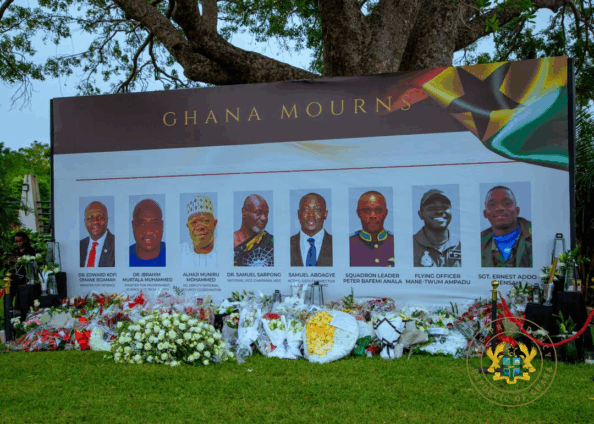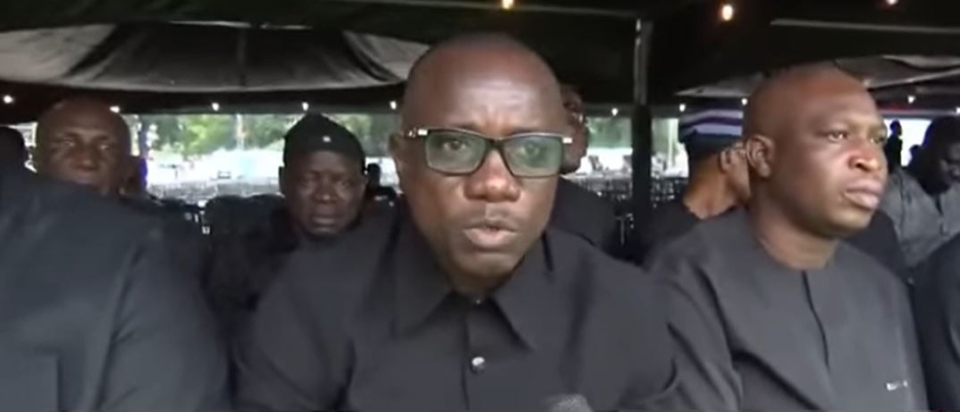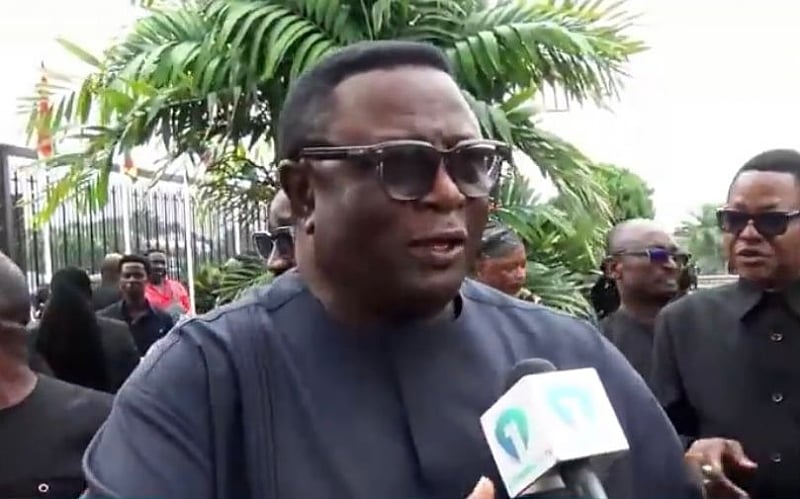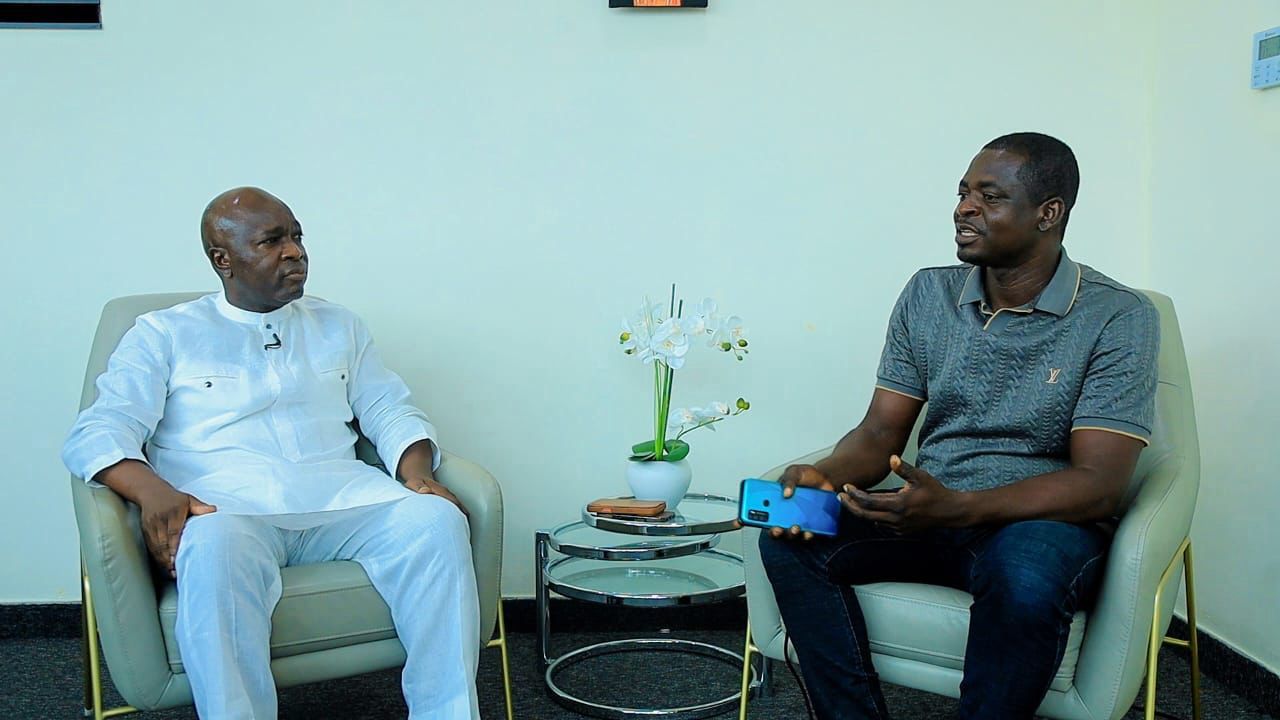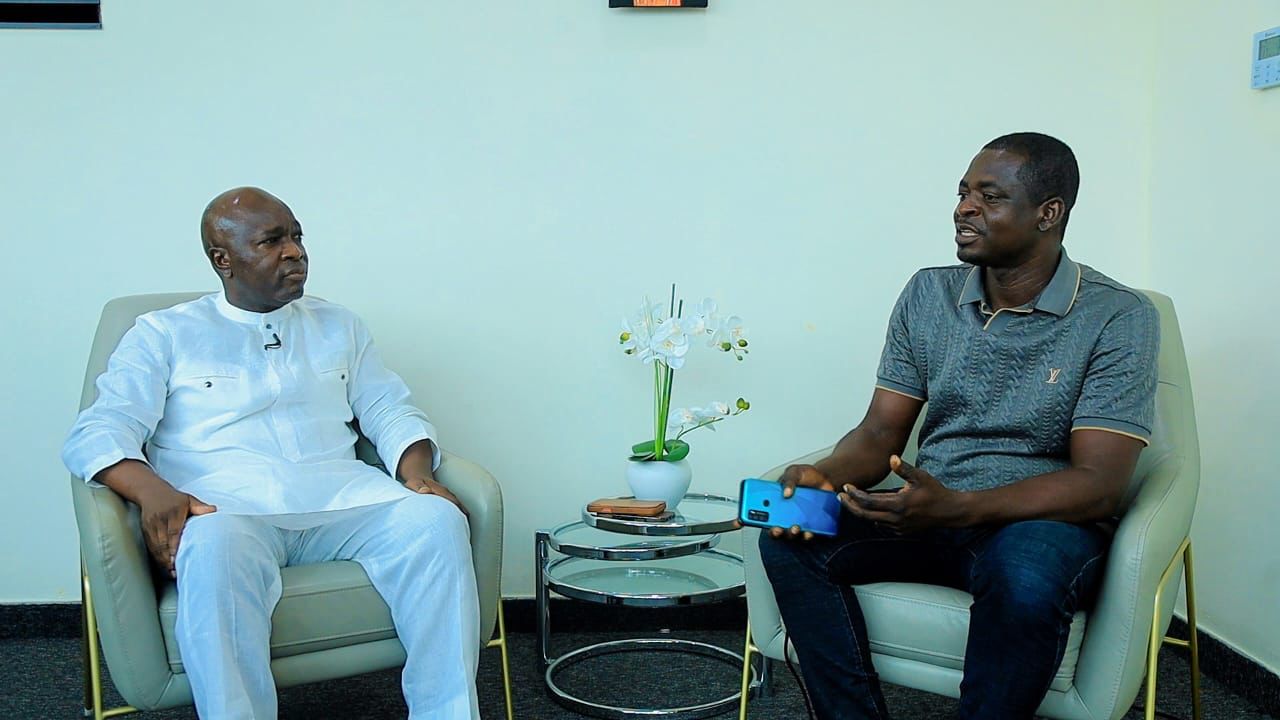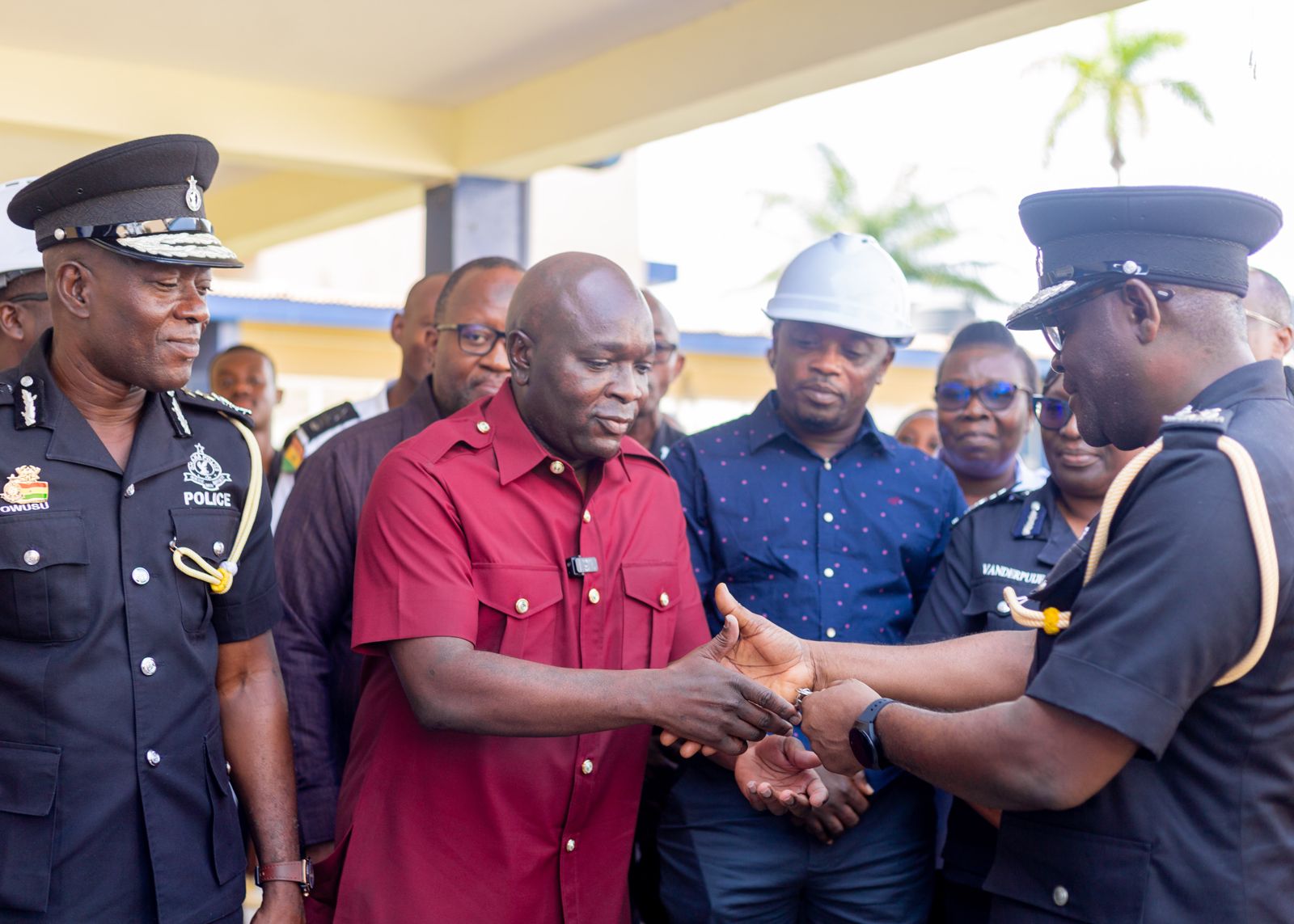In the wake of the tragic events of 6 August 2025, we are called to honour the extraordinary leadership, resilience, and ultimate sacrifice of those who stood at the frontlines and to renew our resolve to end the scourge of galamsey.
The Ashanti Regional Minister, Dr. Frank Amoakohene, emerged as a pillar of strength in the face of an unprecedented crisis. Steering the region’s response to the crash, he led under extreme pressure, bringing order to chaos. No training can fully prepare anyone for such a calamity, yet his unwavering resolve steadied a grieving nation. His example reminds us that, even in the darkest hours, firm and compassionate leadership can light the way forward.
As both a public servant and a medical doctor, Dr. Amoakohene bore witness to unimaginable horror at the crash site—scenes of fire, wreckage, and loss that would test the sanity of even the strongest among us. The emotional toll is not his burden alone; the people of Sakiman and the responders who braved the flames and devastation carry invisible wounds. They, too, deserve professional counselling and support to heal from the trauma they have endured.
The bravery of the military, emergency services, and especially the people of Sakiman, must be commended. In the midst of confusion and danger, they acted swiftly to recover the victims, saving precious time in a task that might otherwise have taken far longer. Their unity and courage embody the very spirit of Ghanaian resilience in the face of adversity.
Among the eight precious lives lost were notable figures such as Dr. Edward Kofi Omane Boamah, Dr. Murtala Ibrahim, and Alhaji Limuna Muniru—all deeply committed to the fight against galamsey, the illegal mining practice that has poisoned 60% of Ghana’s water bodies, ravaged forests, and endangered lives through mercury contamination and deadly pit collapses.
Government interventions such as Operation Halt’s military crackdowns and the Multilateral Mining Integrated Project have brought progress, yet deep-rooted challenges—corruption, poor enforcement, and economic dependence on illegal mining—continue to undermine results. Past measures, including the 2018–2019 ban on small-scale mining and mercury-free initiatives under the Minamata Convention, have shown intent but have struggled to keep pace with the scale of environmental destruction.
These eight lives must not be lost in vain. Their sacrifice must be the spark for stronger, more decisive action: equipping Operation Halt with advanced tools like drones for real-time monitoring, involving communities in restoration efforts, and expanding alternative livelihood programmes to break the cycle of dependency on illegal mining. And as citizens, we must take up the mantle—speaking out for clean rivers, healthy forests, and the protection of future generations.
Today, we mourn. But we also pledge. May God grant eternal rest to our compatriots, and may their legacy compel Ghana to stand firm in the fight to protect our environment. Amen.
Ras Mubarak is the Campaign Lead for the Trans African Tourism and Unity Campaign and a former Member of Parliament.



